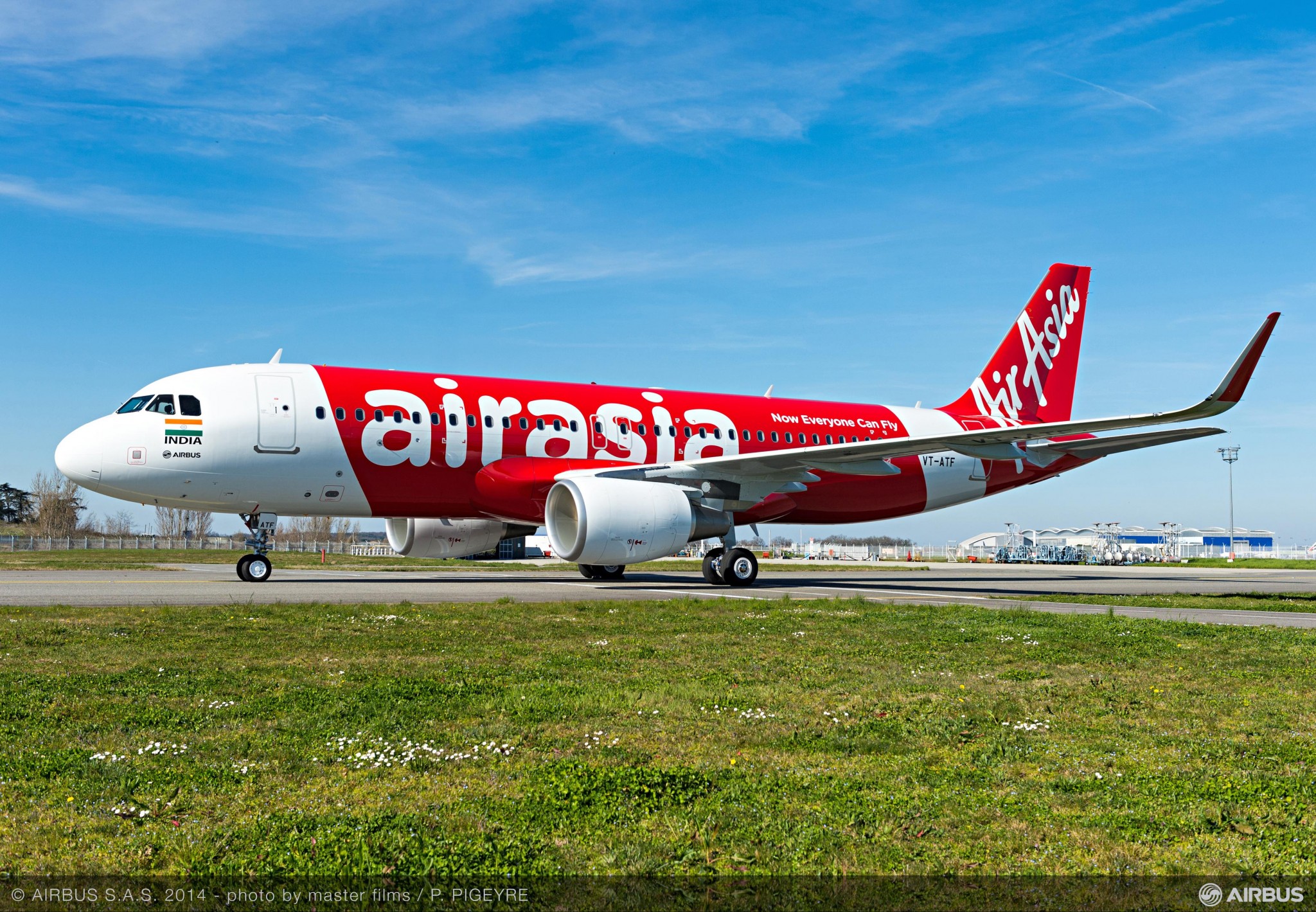Following AirAsia’s resumption in the Philippines on 5 June, more commercial flights are being arranged the airline gradually restores it network.
The resumption of services include select international destinations for July (Kuala Lumpur) and August (Kuala Lumpur, Don Mueang, and Taipei).
In a response to the audit opinion issued by Ernst & Young last week that AirAsia would struggle to continue, AirAsia stated that there are significant uncertainties with respect to the company’s ability to continue as a going concern as a result of the COVID-19 pandemic and that the Board of Directors is “confident of the successful continuation of the business, in conjunction with the actions undertaken by the governments of the operating entities, outcome of ongoing discussions with financial institutions and investors to obtain required funding and implementation of management’s action plans”.
AirAsia Group Berhad CEO, Tan Sri Tony Fernandes commented at length on his confidence in the future of the airline, especially since countries are beginning to open up with domestic and international air travel returning, noting that the formation and discussion of “travel bubbles” and “green lanes” with key economic partners with a low infection rate and proven pandemic curbing systems, “is a step in the right direction”.
As travel demand returns, AirAsia has launched large-scale promotions and sales campaigns, which Fernandes says he has been encouraged by the higher-than-anticipated sales this has generated, demonstrating the pent-up demand for air travel.
“Positive trends in our flight bookings and load factors are additional signals of a better second half of the year,” he said. “In June, our group-wide load factor was 60% with AirAsia Malaysia’s load factor reaching 65%. For July, we expect to achieve a higher load factor of 70% despite tripling our capacity month-on-month to cater to the increased demand.”
On its funding situation, Fernandes confirmed that the airline group has been examining options to secure its cashflow, stating that it had received “indications from certain financial institutions to support our request for funding, amounting to more than RM1.0 billion”, which would include a government-guaranteed loan under the Danajamin PRIHATIN Guarantee Scheme in Malaysia. He adds that the Philippine and Indonesia AirAsia entities are currently in various stages of bank loan applications and in the Philippines, the airline has applied for the government guaranteed loan under the Philippine Economic Stimulus Act (PESA), “with an expected positive outcome”.
AirAsia Group has cut costs, with “headcount rationalisation for leaner operations’ and internal cost-cutting efforts include a group-wide temporary salary reduction of between 15% - 75%. The group has also confirmed that it has received deferrals from its “supportive lessors and are now working on further extensions”. AirAsia has restructured 70% of its fuel hedging contracts and is continuously negotiating with counterparties for the remaining exposure. These efforts, Fernandes states, will lead to at least a 50% reduction in its cash expenses in 2020.
“In times of difficulties lies opportunities,” he ends. “We have weathered many crisis and emerged stronger. We won’t waste this crisis and we will come out stronger.”

